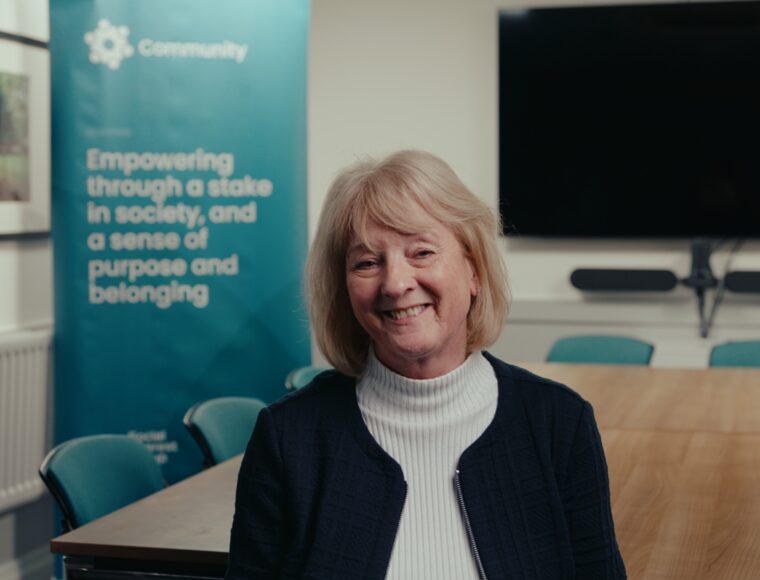


Meet Cathy Kane
Our interim CEO talks about her first 100 Days at SIG
Read moreHealthwatch has shared that their research amongst patients shows that one in five patients don’t know the difference between doctors and physician associates. Commissioned by the Care Quality Commission (CQC), Healthwatch (HW) seek to collate research amongst patients of health and social care to understand their experiences and champion their collective voice.
HW report that many people were unaware that they were being advised by a physician associate (PA) and not a doctor, and that a significant amount of people were aware that they were being supported by a PA but did not understand what the difference, is in comparison to a GP.
PAs are healthcare professionals who work under the supervision of a senior doctor and can assess, diagnose, and treat patients within certain limits. They undertake two years of postgraduate training and have been used within the NHS since the early 2000s to act as support staff for doctors. Current plans are to increase PA numbers operating within the NHS.
The lack of clarity around roles and related training and capacity is dangerous. This information barrier directly contradicts patient choice and all the vital factors involved in that; understanding who is supporting you, what they can and cannot do, what their expertise, skills and ability is and what the possible outcomes are.
When people are vulnerable and facing complex needs and intersectional barriers, information barriers like the ones created by the wider gatekeeping within statutory organisations is nothing less than detrimental. It is also unfair of members of staff who are not equipped or enabled to understand, assess or support complex needs and conditions.
Psychologically, the power dynamic created by one party holding knowledge and therefore power, is exploitative and when the need for help and support is denied, without explanation of alternative options and what services are available and how, patients suffer. The risks they face are also increased.
As referrals to mental health services increase and people await indefinitely on waiting lists to be assessed and therefore treated by psychiatrists, patients are facing alarming treatment such as being told that they are being assessed by a mental health nurse but the assessment concludes with a lesser diagnosis, implying that the patient ought to be able to self-support. Case closed.
We join our partner charities and advocates in the health and social care sector to insist that statutory organisations in primary and secondary care take a values-driven approach to patient care. Regulated by the CQC and therefore familiar with the concept of candour, we want to see this principle applied before crisis so that it can prevent patients being denied fair care. Transparency and person-centred care need to be more than written policies but tangible in process and practice.
Honest information sharing, active listening and responsive care planning and support can facilitate effective treatment and prevent escalation of challenges and conditions. This improves outcomes for patients but also for service staff. This long-term, real-world approach is something we champion at Social Interest Group by encouraging residents and participants to challenge staff but also, amongst our large staff team, we challenge each other in safety, knowing that title, team and position, are not barriers to raising healthy and fair challenges around practice and approach.
Raje Ballagan-Evans, Policy and Impact Manager